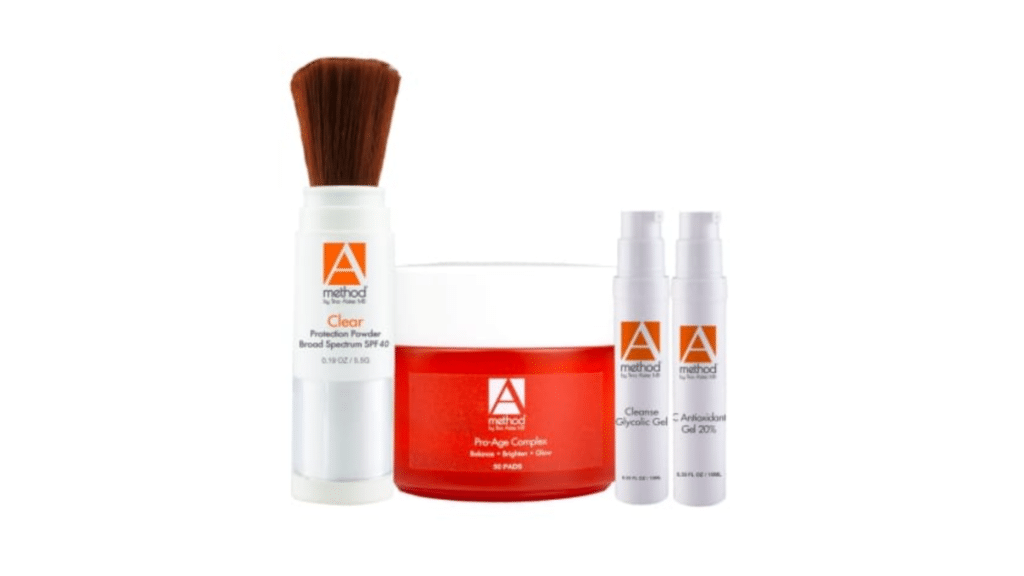When to use a vitamin C serum and its many benefits
As an antioxidant, Vitamin C prevents or delays the damage to cells caused by the Sun and environmental factors. While your daily orange juice might serve as a good defense for your body, applying it directly to your skin is the most effective way to benefit from its protective and health advantages. However, there’s another reason why applying lemon pieces to your cheeks alone isn’t great. It’s simply inefficient as well.
With its strong photoprotective qualities, vitamin C protects our bodies from oxidative stress caused by free radicals, which we come into contact with every day. Consider things like cigarette smoke, vehicle exhaust, certain chemicals, alcohol, and highly processed food items. The antioxidant and anti-free radical effects of vitamin C wear off with time, but you can store enough of it to provide sufficient photoprotection. You may achieve this by using it again every eight hours. The antioxidant and anti-free radical effects of Vitamin C wear off with time, but you can store enough of it to provide sufficient photoprotection. You may achieve this by using it again every eight hours.
Advantages of Vitamin C Serum
- Reduces wrinkles, protects collagen, and boosts production.
- Improves the healing of scars and offers sun protection.
- It works as a shield against pollution and other free radicals and brightens the complexion.
- It balances the skin tone and removes acne.
- Reduces hyperpigmentation from Dull skin.
For most skin types, the product is safe
Vitamin C has a good experience with safety sources. The majority of people don’t experience any adverse reactions when using topical for extended periods. A summary of research from 2017 According to a trusted source, an excess of 20% may cause mild skin irritation. Because of this, skin care products typically contain a concentration of 10% to 20% of it.
It provides moisture
A research study showed that the majority of healthy skin and organs have high vitamin C amounts, indicating that the body absorbs vitamin C from circulation. The review trusted source states that magnesium ascorbyl phosphate, another vitamin C derivative utilized in skin care, has been demonstrated to have a moisturizing impact on the skin. It improves the skin’s ability to hold moisture by reducing the loss of water through the pores (TEWL).
It’s growing lighter
Vitamin C can smooth the skin’s surface to lessen dullness and aid in removing pigmentation. The skin seems more youthful as a result. An analysis from 2017 shows that melanin production is reduced by vitamin C consumption, according to Trusted Source. The pigment called melanin is what gives skin its color.
Vitamin C can help lighten hyperpigmentation and dark patches by preventing the synthesis of Melanin. It might also contribute to the brightness of your skin.
It protects against UV-ray damage
Skin low in Vitamin C is linked to increased use of oxidant stress from pollution or ultraviolet (UV) irradiation, and researchers are not clear if this is a cause or an effect, but more mature or photodamaged skin has lower vitamin C levels.
Free radicals are molecules that cause damage from the sun. These are electron-deficient atoms. Significant skin damage can result from free radicals’ hunt for other atoms from which they can “steal” an electron.
Protects dryness and roughness
Vitamin C has a special structure that helps the skin’s cells and tissues by raising the skin’s moisture levels. This keeps the moisture in the skin’s layers and gives dry, cracked skin back its softness.
Reduces the apparent presence of dark circles under the eyes
By moisturizing and plumping the area around the eyes, vitamin C serums can help reduce the appearance of fine wrinkles. Some claim that vitamin C helps reduce the discoloration caused by under-eye circles, but it is more helpful at reducing redness overall. A tiny 2019 study by Trusted Source on three dark circle treatments found that vitamin C mesotherapy greatly improved the under-eye circles’ pigmentation. A burning sensation was additionally mentioned by a few people, though.
Different vitamin C serums work differently
If you’ve been wanting to add more power or simplify your skin care treatment, a vitamin C serum may be the answer. Topical vitamin C is a versatile tool that may improve, cure, and protect your skin. Yet not every serum is made equally, just like any other product. The advantages of your serum—and your skin—depend on factors including the type and concentration of vitamin C, the ingredient list, and even the type of bottle or compressor.
But fear not—figuring out which serum to purchase isn’t that difficult. We provide information on the advantages of vitamin C serums, advice on choosing one, and suggestions for maximizing their benefits.
Available Products with Vitamin C
The two factors controlling serum stability are product formulation and packaging, and the purpose of the following Vitamin C compounds is to prolong their potency:
- L-ascorbic acid
- palmitate ascorbyl
- Ascorbyl phosphate magnesium
Conclusion:
The highly effective antioxidant activity of Vitamin C Serum for Face is one of the key formulas that helps the skin. Free radicals are dangerous substances produced by UV radiation, pollution, and stress. As an antioxidant, Vitamin C neutralizes these molecules, preventing oxidative stress and premature aging.

